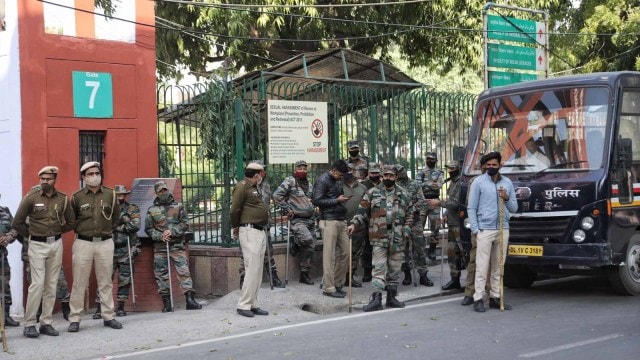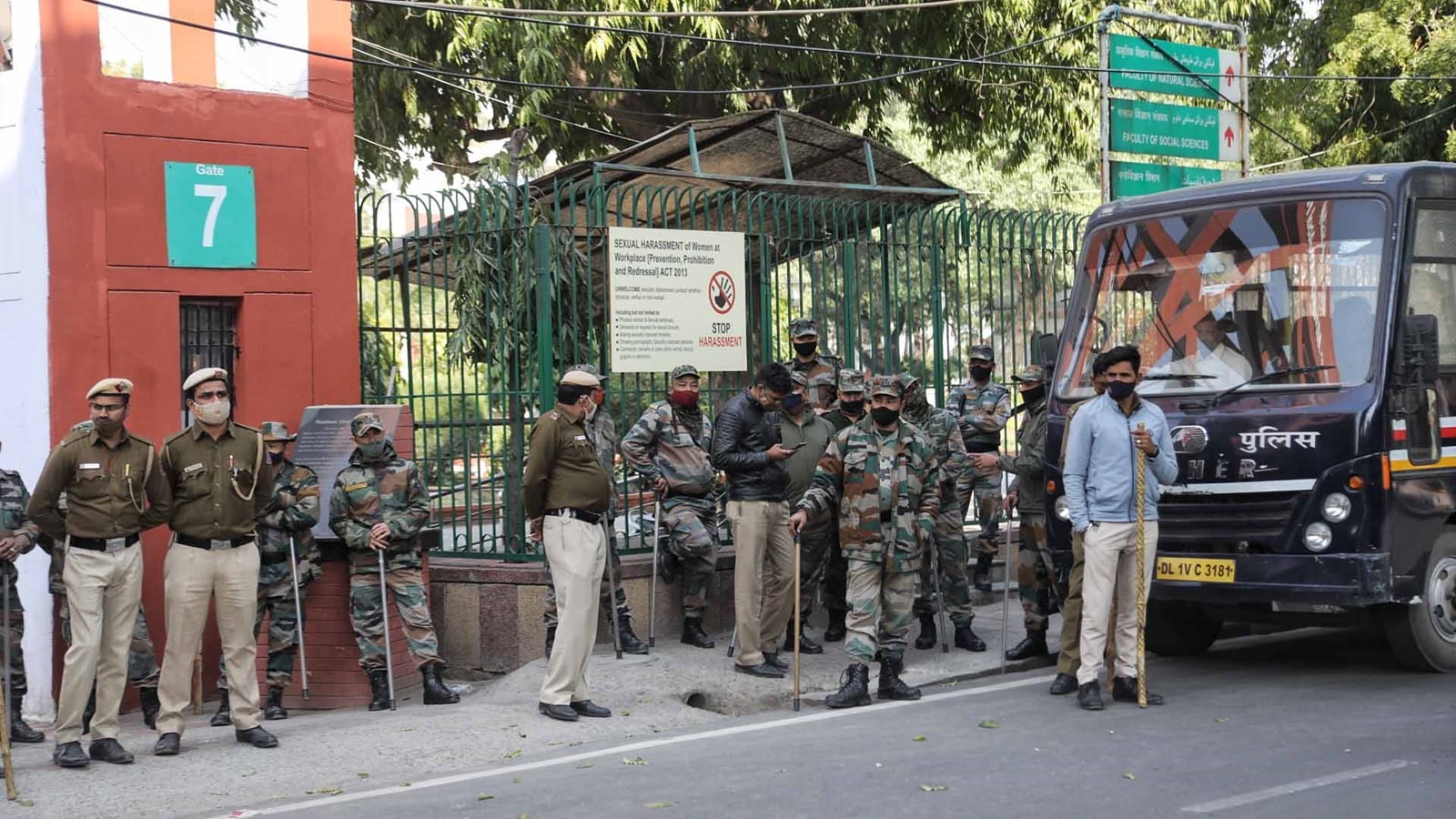
Dec 15, 2024 14:26 IST First published on: Dec 15, 2024 at 14:25 IST
Written by Md Mustafa and Md Minhajuddin
The recent retirement of CJI D Y Chandrachud saw an outpouring of anguish that the Supreme Court was both unwilling and unable to speak truth to power by standing up to violations of human rights perpetrated by the State. Nowhere is this more clear than the response of the Delhi High Court and the Supreme Court in the case of the crackdown on students in December 2019 when they gathered outside the gates of Jamia Millia Islamia and attempted a peaceful procession to Parliament to protest against the CAA-NRC. The response that followed is an indication that several judgments of the Supreme Court on freedom of speech and expression notwithstanding, the State is unwilling to tolerate even the slightest criticism of its policies and programmes.
The crackdown on the Jamia students stands out for another reason as well. Policemen caught on camera referring to students as “Kashmiris” and “Pakistanis” while lathi-charging them showed the nation that its police force is in a state of deep disrepair with policemen acting no better than hooligans and thugs.
At the end of the day, what is most unfortunate is the silence of the former CJI who refused to respond to the various letters sent to him during his tenure. The Supreme Court remained stoically silent, thus siding with the central government which controls the police in Delhi.
We live at a time when no incident, no matter how heinous, disturbs the conscience of those in power. Though the horrifying incidents were covered by the media, on the fifth anniversary of the clampdown, we are not any closer to justice for students. The documentation of what happened — the completely unprovoked opening of fire by the police, the forcible entry into Jamia overriding the Proctor and the Vice Chancellor’s protests, the throwing of tear gas into the college and hostel, the beating of students, the entry into the mosque situated in the campus, the attack on the students studying in the library caught on CCTV and, most despicable of them all, the assault on female students — was done meticulously.
What is most alarming from the reports was the use of religious slurs specifically directed at Muslim students who were begging to be let off. How has our police force become so crude that the students would be labelled Naxalites and told to go to Pakistan? How do we allow Kashmiri students to be routinely cursed as “Pakistanis”?
most read
Ninety-nine students went to register FIRs against the police. Not one was registered despite the SC Constitution Bench decision in Lalita Kumari’s case to the effect that information relating to a cognisable offence must be immediately registered as a First Information Report. A writ petition was filed directly in the Supreme Court a few days after the incident. The Supreme Court sent it back to the High Court with an order for expedited disposal. The petitioners went back to the Supreme Court after two years, pointing out that their case was virtually at a standstill. The Supreme Court sent it back again to the High Court. Now, the High Court has agreed to hear the matter in the next year. If there is one lesson to be learnt from the Jamia episode, it is that apart from police reform, radical and extensive judicial reform is the need of the hour.
Mustafa is a former student at Jamia Millia Islamia while Minhajuddin is currently a student at the university
Why should you buy our Subscription?
You want to be the smartest in the room.
You want access to our award-winning journalism.
You don’t want to be misled and misinformed.
Choose your subscription package


